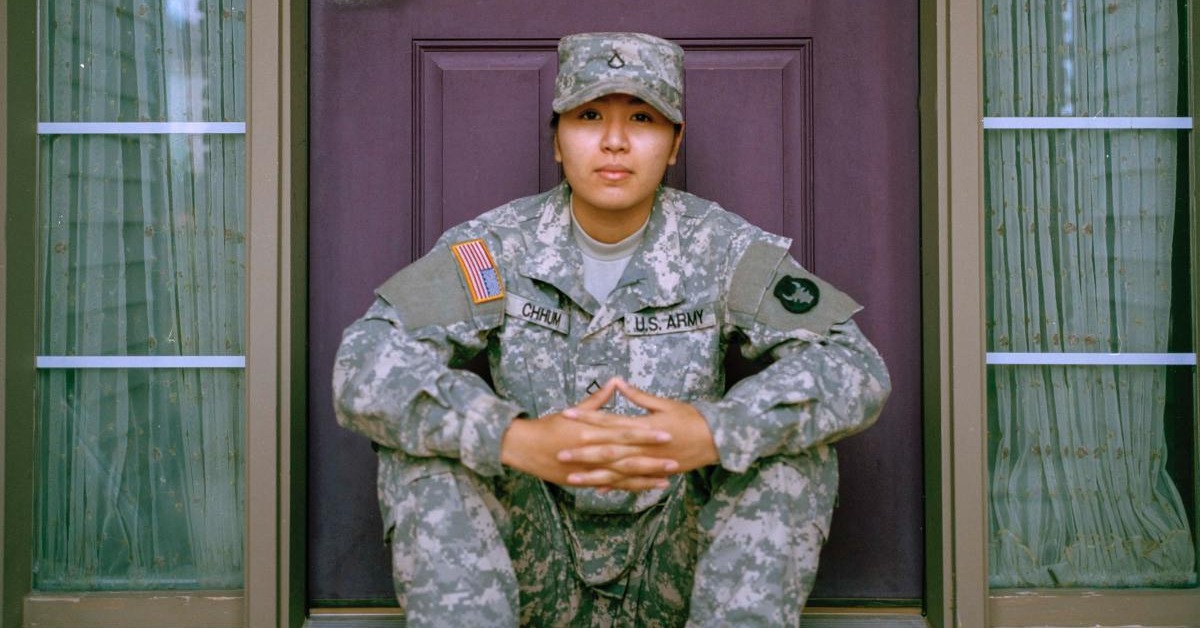
How to Become a Licensed Mental Health Social Worker
We explain the steps necessary to become a licensed mental [...]
“Unless someone like you cares a whole awful lot, nothing is going to get better. It’s not.”
Dr. Seuss’s character, The Once-ler, could have been speaking about community social workers when he uttered the oft-quoted rhyme. Community social workers are the caregivers of the world, the ones who notice a gap in their local environment and work to fill it, making things better along the way. After completing a master’s degree in social work, they operate within local organizations and agencies to facilitate and provide social services to those in need.
From substance abuse to child services, a community social work career—and social work education—covers a lot of ground.
In this article, we’ll cover:
Love your community? Wish you could turn your volunteering passion into a life-long career? Community social work just might be the path for you. Community social workers can be involved in everything from community organizing and grant writing to facilitating social services such as mental health care, which means there’s plenty of room to grow within the field. There’s also plenty of room for passion and a desire to create change. Community social workers often work directly within the community they’re serving, which can be great for those who like to get involved face-to-face, rather than from behind a screen.
Of course, with any emotional attachment to one’s career comes the risk of burnout. Community social workers might come up against bureaucracy, or become overwhelmed with difficult situations clients may be facing. Those hoping to bring in six figures might be disappointed as well—while social work salaries range from the mid-to-upper five figures, community social workers tend to earn less than school social workers or clinical social workers.
Those with a master’s degree gernally do make more than those with only a bachelor’s degree, but a community social work career won’t be your ticket to early retirement. Still, the career path can be incredibly emotionally fulfilling—and what’s better than that?
| University and Program Name | Learn More |
|
Merrimack College:
Master of Science in Clinical Mental Health Counseling
|
|
|
Virginia Commonwealth University:
Online Master of Social Work
|
Community social work jobs are exactly what their name suggests. Community social workers are embedded in their communities, working within an organization or agency to provide and/or coordinate social services. The type of work, however, can vary: Some community social workers specialize in mental health or substance abuse, while others work primarily with families and children. Some provide assessments and counseling services, while others lead a team of service providers.
Certain community social workers build awareness around services and important issues, while some dictate the services being offered. No matter your preferred work style, there’s likely a position for you.
Most of these roles fall under the classification of “macro” social work, which addresses larger-scale social issues. Still, there are clinical opportunities available as well. Clinical community social workers work at community health centers or crisis centers, or provide mental health services to members of their community through an agency or organization.
Though it’s possible to enter the field without a college degree, leadership and clinical roles will likely require both a bachelor’s degree and master’s degree as well as a few years of experience.
While those with an associate’s degree or bachelor’s degree can work in the community social work field, employees with the social worker title typically must have a Master of Social Work degree, or MSW. The MSW is usually a two-year degree, earned by completing classes as well as field placements.
Curriculum topics include:
Unlike their clinical social worker counterparts, community social workers will often take “macro”-focused classes, looking at policy, community organizing, government services, and other community-related areas. Those who hope to become community social workers might try to intern within local organizations, gaining experience to help them land a job after graduation.
Students hoping to speed up the process might consider earning a bachelor’s in social work, or BSW, then entering an accelerated master’s degree program, which would only take a year. Students without a BSW can accelerate their master’s degree process by taking summer classes, while those hoping to work while in school can extend the program by taking classes part-time. While there are online programs, hiring managers for community social work will want to see some community involvement in the form of in-person field placements.
A future social worker might want to volunteer while earning a bachelor’s degree, taking classes in areas such as psychology and public health. After graduating from a social work program and gaining licensure, social workers must continue taking classes, called Continuing Education Units, in order to stay up-to-date on the latest practices and maintain licensure.
After completing a bachelor’s degree and MSW, social workers typically take a licensure test to become a Licensed Master Social Worker (LMSW). The test ensures that social workers have retained what they’ve learned and are prepared to enter the field with a full awareness of ethics and core competencies. Only students who’ve graduated from CSWE-accredited programs are eligible for licensure—if you’re considering a particular program, be sure to check that it’s approved.
While the test itself is the same nationwide, licensure is controlled by each state. Those hoping to work in a certain state must be licensed in that specific state or apply to transfer their license through the state’s social work board. More information on states’ licensing regulations is available through local chapters of the National Association of Social Workers (NASW).
LMSWs who want to become Licensed Clinical Social Workers (LCSWs) must complete a set number of hours of supervised social work, then apply for clinical licensure. Specifics vary state to state, but most states require at least two years of clinical work before earning the “C.”
After earning a master’s degree in social work, many graduates seek out positions in agencies and organizations that provide social services. An LMSW might work as a program coordinator or even a program director, helping community members understand, access, and use the services available to them. That could mean leading a team of caseworkers who have yet to complete a master’s degree program, or even providing services themselves, depending on the size of the agency or organization.
Because social work is such a flexible field, it’s possible to start a career as a community social worker before moving into another specialty, or to begin as a clinical social worker before staking a claim in community social work. Working in a hospital, school, or even substance abuse center can all serve as excellent stepping stones to community work. Community social workers might also go on to become clinicians, therapists, organization presidents, policy-makers—the opportunities are virtually endless. It’s also entirely possible for a social worker to spend an entire career in community social work, moving up the ladder into a leadership position. Those who plan on building a career in community social work should look for schools that have strong macro social work pathways in order to get the most out of their social work education.
Helping people can pay off financially, too: The average social work salary is roughly $50,000 per year, while the median for those working in individual and family services is roughly $41,000 per year.
The social work field is in constant flux as organizations are created, policies change, and researchers study new interventions and social services. To keep up, LMSWs are required to take regular continuing classes, called Continuing Education Units, or CEUs. This continuing education helps social workers stay up to date and maintain what they’ve learned in their master’s programs. More information can be found through the Council on Social Work Education (CSWE), through which master’s programs are accredited.
Because the MSW is generally considered a terminal degree (technically you could get a PhD, but most don’t, and those who do primarily teach and/or do academic research), most community social workers don’t return to school after graduating. Still, some seek additional degrees in areas such as public health. Those looking to make a career shift might study school psychology or education. These additional degrees can supplement an MSW, allowing a community social worker to better serve his or her clients. They can also help a community social worker transition into a role at a school, in policy, or a new field entirely.
Let’s face it: There’s a lot to care about, and a lot that needs to get better. By making a career out of caring, community social workers can take that first step toward helping to make their clients’ lives a little easier, and their communities are little better. Dr. Seuss would approve.
(Last Updated on February 26, 2024)
Questions or feedback? Email editor@noodle.com

We explain the steps necessary to become a licensed mental [...]

Domestic violence call centers in the US field 20,000 calls [...]

If you're passionate about improving service members' quality of life [...]

Not everyone in a hospital wears scrubs. Some, like hospital [...]

Pediatric social worker means much more than the job title [...]
Categorized as: Counseling, Social Work, Social Work & Counseling & Psychology